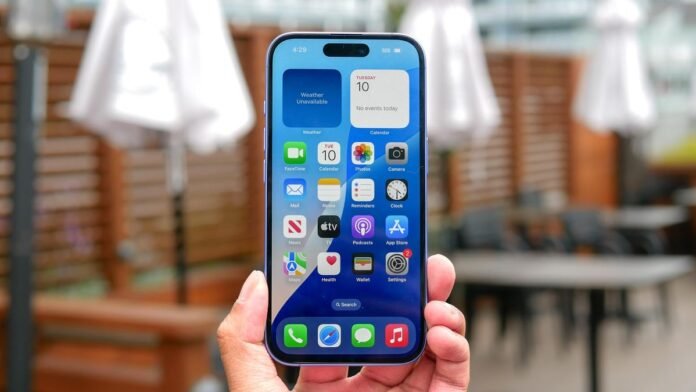Earlier this year, the Federal Communications Commission proposed a new rule that would make unlocking phones and switching carriers easier.
The initial announcement was made on June 27, but the FCC officially proposed the rule change less than a month later on July 18. When a rule is officially proposed, the FCC generally allows comments and reactions from the public.
Network providers T-Mobile and AT&T released their response to the rule this week. The proposal would require carriers to unlock their phones after 60 days of activation, even if they are under contract and not paid off.
The two carriers argue that unlocking phones so quickly actually harms their customers, claiming that locking a phone with a carrier makes the phones cheaper for both the companies and their customers. Consumer advocacy groups have said the FCC’s rule would give people more choices and lower their costs.
“If the Commission requires a uniform unlocking policy, it will be consumers – not providers – who stand to lose the most,” the company wrote in an Oct. 17 filing with the FCC. “T-Mobile noted that consumers risk losing access to the benefits of free or heavily subsidized handsets as the proposal would force carriers to limit the supply of their most attractive handset offers
In the July Notice of Proposed Rulemaking, T-Mobile was specifically called to attention by the FCC for a policy under which prepaid phones sold by its Metro sub-brand are tied to the network for at least a year after purchase.
When you buy a phone, you should have the freedom to decide when to switch service to the carrier you want, and make sure the device you own isn’t locked into practices that prevent you from making that choice.
FCC Chairman Jessica Rosenworce
In T-Mobile’s response (seen by Gizmodo), the company said: “A handset unlock mandate would also leave carriers little choice but to limit their handset offerings to lower costs and offer lower-performing handsets.”
In the proposal, the FCC states that “Even after paying for the phone in full, [customer’s] The ability to switch to another provider is limited by the locked phone. Additionally, locked phones, especially those tied to prepaid plans, can disadvantage low-income consumers as they often do not have the resources to switch carriers or purchase new phones.”
As we discovered in June, three major carriers are unlocking everything after 60 days, with T-Mobile even offering 40 days as long as your device is fully paid off.
How Carriers Include You
Typically, however, these contracts lock customers into higher-tier plans with “free” devices that are paid off as part of the contract. For example, T-Mobile is currently offering the iPhone 16 Pro for free with “24 monthly billing credits,” where these credits disappear if you cancel before the two years are up and it requires a Go5G Next plan, which is T-Mobile’s highest is. available level and costs $180 per month (for up to 3 lines). In the FCC’s plan, there would be a hard requirement for unlocking to clear up some of the confusion surrounding plans like this.
Verizon, which has not made any public comment, does not have such strict requirements on their contracts, possibly because of the requirements imposed on the company after it purchased new wireless spectrums. That said, they still force customers into higher contracts to receive “free” devices, like T-Mobile and AT&T.
“When you buy a phone, you should have the freedom to decide when to switch service to the carrier you want, and not let the device you own get bogged down by practices that prevent you from making that choice” , FCC Chairman Jessica Rosenworcel said at the time. of the proposal.
Ultimately, two-year contracts and “subsidized” smartphones hide the true cost of the devices in people’s wallets. Non-binding cell phone contracts and prices can reveal the true cost of phones and how much you actually pay. Locking down clouds the price and keeps people stuck with the carrier for longer than they might want.





